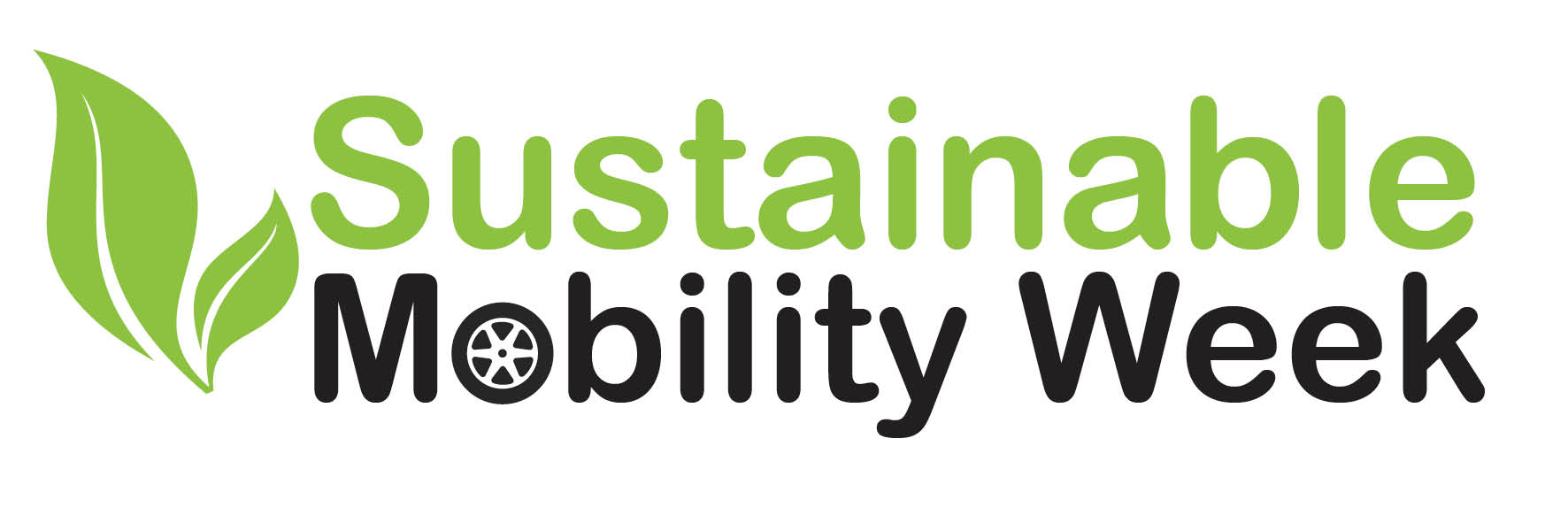
Fleet News has announced the launch of Sustainable Mobility Week to highlight and help prepare fleet/mobility managers and industry stakeholders for the future, with a focus on sustainable mobility and decarbonisation.
Sustainable Mobility Week will run from November 11-15 across the Fleet News estate – website, social media and webinar – and is in association with Ayvens, the UK’s largest leasing and fleet management company.
The theme for the inaugural Sustainable Mobility Week is ‘shaping fleet strategies for the next decade: solutions for today and tomorrow’.
Sustainable mobility aims to make the movement and transportation of people, goods and services efficient and rational from an economic, social and environmental point of view, based on the following principles and priorities:
- Greenest
- Safest
- Cheapest
- Most convenient
- Quickest
- Most inclusive
Companies are under pressure to show gains in mobility management which can help to reduce costs/overheads as well as reduce carbon emissions. Sustainable Mobility Week in association with Ayvens will showcase solutions and opportunities for UK businesses which will improve their efficiency, reduce cost and ensure they run sustainable fleet operations.
Lorna McAtear, head of fleet at National Grid and joint deputy chair at the Association of Fleet Professionals, said: “I’m really looking forward to delving deep into all the different aspects that make up Sustainable Mobility, from the supply of the raw materials in our transport industry, to reporting, from alternatives methods of transport to the effects of legislative change.
“For some people it is just about how to get from A to B, for others is also encompasses that the choice we make is the greenest, most sustainable it can be”
Each day will be themed and include best practice articles, fleet manager case studies, opinion pieces and insight into the major challenges and opportunities via a major piece of research being carried out by Ayvens.
Tim Laver, newly appointed managing director at Ayvens, said: “At Ayvens, we believe that the future of mobility must be sustainable.
We want to lead the way in the industry making electrification simple for our clients. We can advise on solutions that go beyond electrification and incorporate multimodality.
Globally, our fleet of 3.4 million cars and vans includes over half a million EVs and plug-in hybrids – making it the largest multi-brand EV fleet in the world.
“We are delighted to support this initiative, and we plan to use Sustainable Mobility Week as an opportunity to explore the current state of play and celebrate best practice from across our industry. We hope this will help everyone make progress towards the more sustainable future that our planet needs.”
Sustainable Mobility Week in detail
Day 1: Alternative mobility solutions
The role of alternative forms of mobility on a sustainable fleet, with examples of successes (and failures) to help companies consider the right solutions for them.
- Micromobility vehicles
- eCargo bikes/ebikes
- Walking couriers
- Drones
- Robots
- Autonomous transport/technology
- Shared mobility: Car clubs/car share
- Use of data
Day 2: Infrastructure
How to control and plan fuel costs, infrastructure requirements, cost of charging (including the difference between workplace, public, home charging) and how to reimburse charging costs.
- Solar and wind power to support work chargers
- EVs
- Hydrogen
- Shared charging
- Hub charging
- Government investment and targets
- Car club infrastructure
- Connectivity: V2V, V2I, V2X
Day 3: Policy: fleet & Government
The impact of Total Cost of Ownership (TCO) and the business cost of migrating to sustainable mobility, plus finding the balance between prioritising environmental, social and economic factors
- ESG / carbon reporting – the rules, challenges and solutions
- Incentives to encourage uptake of sustainable mobility
- Decarbonisation 2050 – Government strategy, including roadmaps (2030/2035/2040/2050)
- Tyres – how manufacturers are working to minimise impact on environment.
Day 4: People
Driver wellbeing – how a sustainable mobility policy impacts drivers and why EVs might be good for drivers. To include managing driver resistance / acceptance, how to manage change to drivers’ work patterns with charging at lunchtime / during the day/ at home.
- Engagement and buy-in to change/change management
- Greener driver training and education
- Impact of technology, inc AI (telematics, dashcams)
- Active travel – health benefits
Day 5: Operational change
Operating models, considerations and changes required when migrating to a more sustainable fleet, including how vehicles are used, are all vehicles suitable for transition, where and when vehicles are charged, productivity implications of an electrified fleet, impact on route planning.
Matt Hammond, head of fleet at Altrad and joint deputy chair at the Association of Fleet Professionals, said: “For me, Sustainable Mobility Week is a great opportunity to look beyond the EV headlines and really understand how we as a fleet industry intend to develop our training and education plans to ensure future generations see this industry as a positive and exciting future. From the vehicle design, city transport solutions to integrated mobility programs, the opportunities available to future pioneers has never been greater or more appealing.”
Stephen Briers, Fleet News editor, added: “We’ve been talking about mobility and sustainability for several years, but progress has been slow. However, there are many market innovations and new initiatives being adopted by fleets which is helping them to run more efficient and effective operations.
“We know that sustainable mobility means something different to everyone. Launching Sustainable Mobility Week is an opportunity for fleet operators to explore innovative solutions, adopt best practice, understand what it means and promote their commitment to sustainability, ultimately benefiting operations and strengthening your position in the market.”
























Login to comment
Comments
No comments have been made yet.